Does Your Driving Affect Your Car Tyre Life?
Driving habits that can be easily avoided to reduce unnecessary strain on your car tyres.
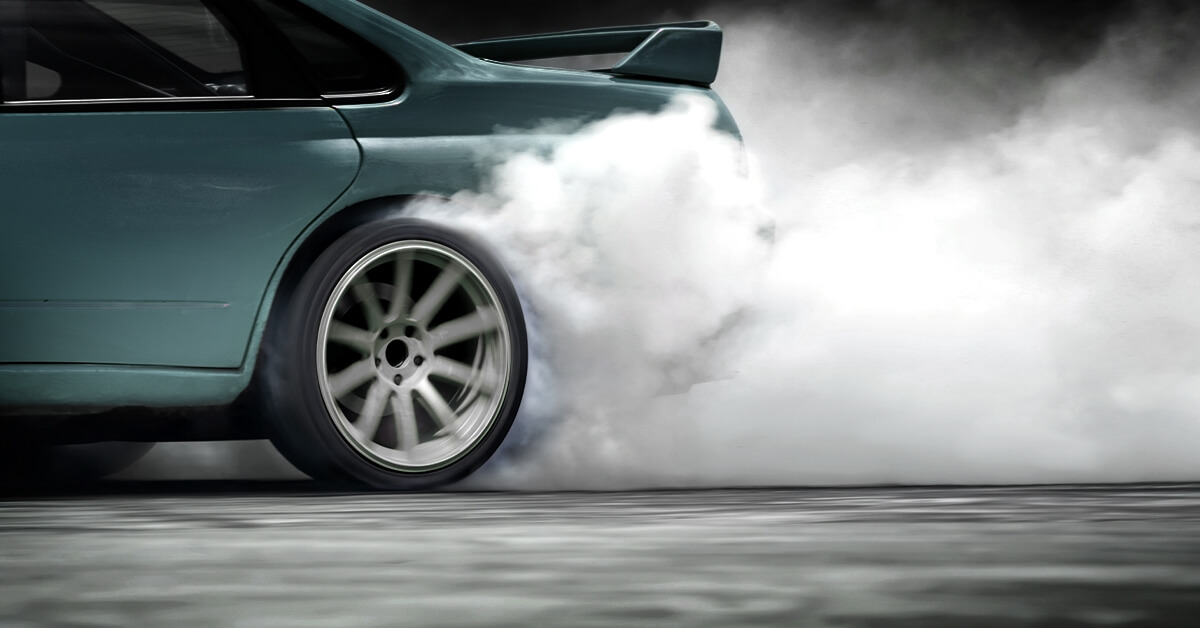
Find your tyre
READ THE DIMENSIONS OF TYRES

Depending on the road conditions, weather and the condition of your car driving can be both thrilling or exhausting. Your driving habits are formed as a result of these circumstances, and they eventually become a part of how you drive. The driving habits also play a vital role in deciding your car tyre’s life. While you can't stop tyres from wearing all together, you can easily stop or adjust your driving habits that affect tyre life. Some of the poor driving habits that can be easily avoided are listed below.
Hard acceleration
The most common driving behavior that damages your tyres is hard acceleration. The simplest thing you can do to stop your tyres from wearing out too soon when driving in the city is to avoid rapid acceleration. This is because each time you apply more force than normal to the accelerator it causes your tyre's surface to experience more friction than usual. High friction produces greater heat, which leads to tyre wear. Moreover, hard acceleration also causes bits of rubber from the tyre to shed and chip contributing greatly to tyre wear and tear. Hence, be smooth and gentle when you accelerate to improve the longevity of your tyres.
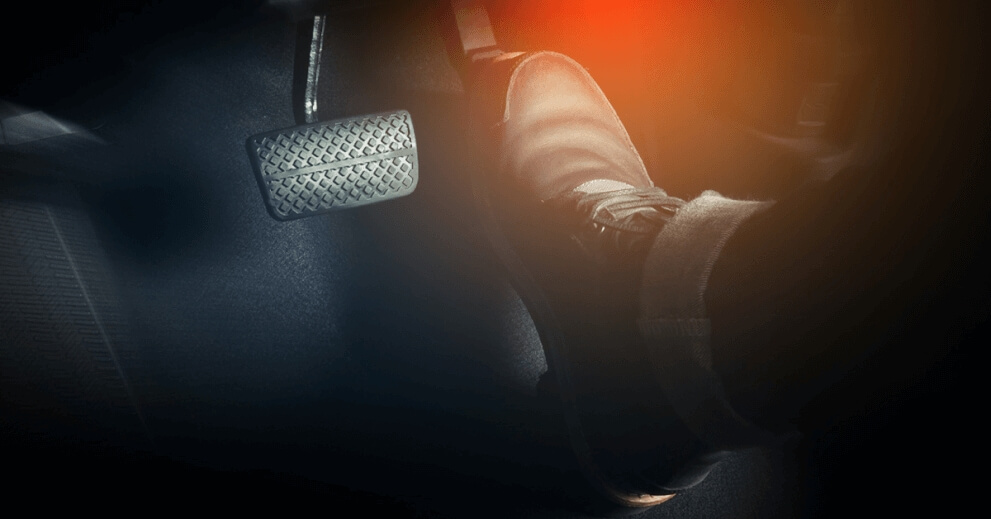
Hard braking
Similar to hard acceleration, hard braking can also consequently lead to tyre damage. Applying sudden brakes to stop your car also has adverse effects on the car’s suspension. Hard braking leads to increased friction and uneven wear of tyres. Driving through a city might sometimes involve frequent hard braking due to traffic and sudden stops made by vehicles in front of you. Such situations are inevitable but can be handled by keeping a safe distance between the vehicles on the road. This is a precautionary measure that will help you to minimize hard barking and also avoid unexpected incidents on the road.
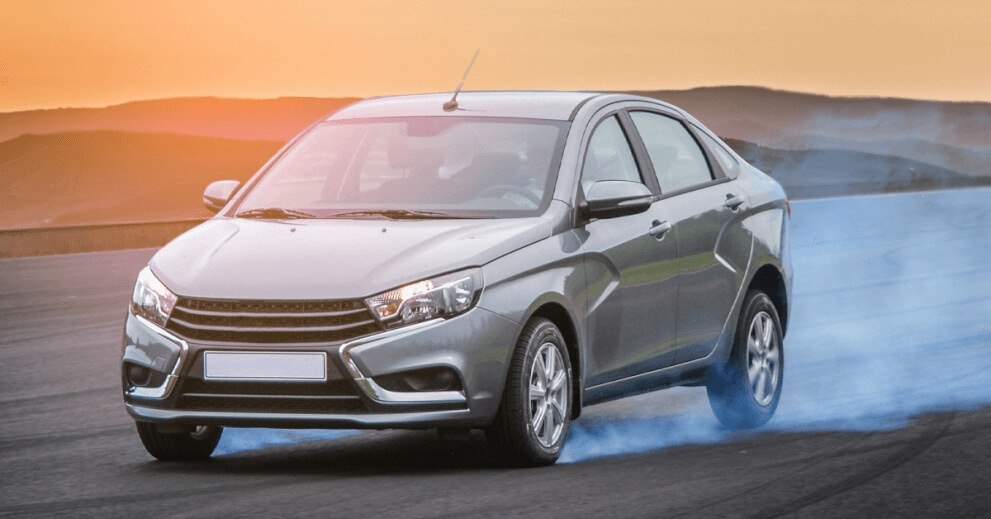
Driving with heavy loads
In addition to hard acceleration and hard braking, overloading further decreases the life span of the tyres. The tyre of a car is designed to carry certain load. This maximum weight the tyre can withhold at maximum speed is known as the load rating. It is specified on the sidewall of a tyre and also in the owner’s manual. If you put more load than recommended on the car, it will increase the pressure on the tyre, weakening its internal structure. This leads to shortening of the tyres’ lifespan.

Driving over road debris
While driving you could run into roads debris, potholes and uneven surfaces. Even if the debris doesn't puncture your tyre, it could still lead to tyre damage Although it can be challenging to totally avoid road gravel and debris, the simplest solution is to drive slowly and safely whenever you can.
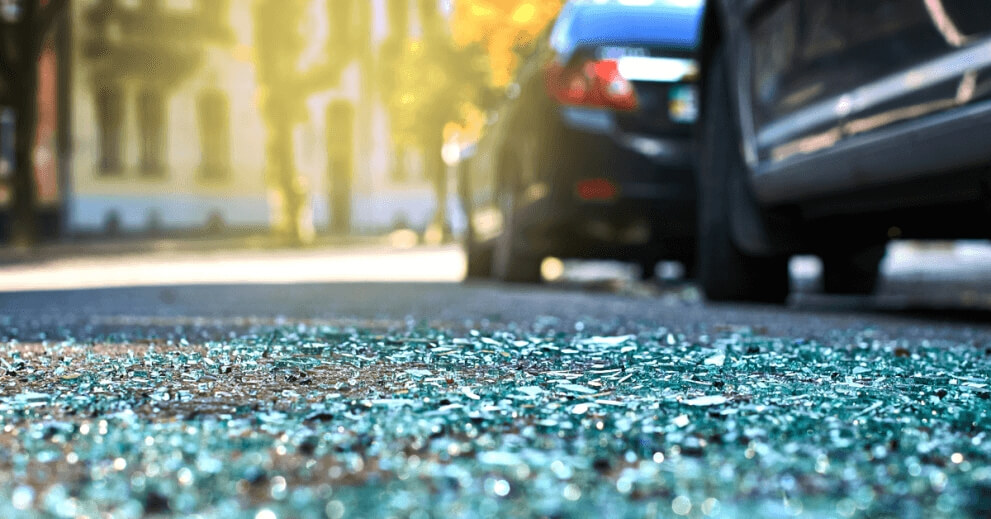
Driving over curbs
Keep a watch while you approach the curbs. Hitting harshly against the curbs at wrong angles can easily scrape the rubber of the tyre causing cracking. Moreover, hitting a curb could also cause damage to wheels, steering components and suspension. So, slow down to avoid the impact of the potential damage.
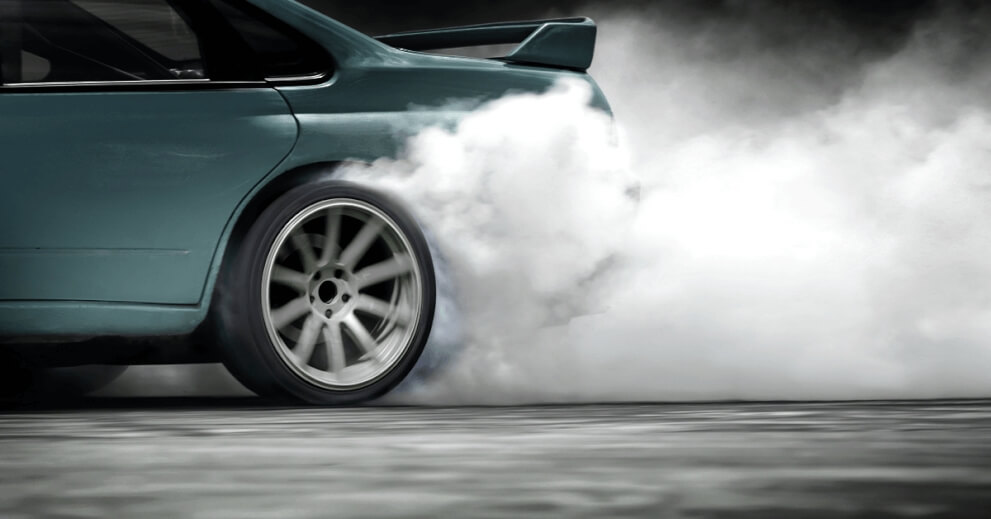
Your driving style and a few other regular routine maintenance habits can significantly impact the way your tyres wear. Having good driving habits not only offer you safety but also promote your tyres’ life. The driving practices listed above are just a few that you can simply change to save excessive tyre wear. You could also head to your nearest tyre expert for more detailed consultation on tyre care.
